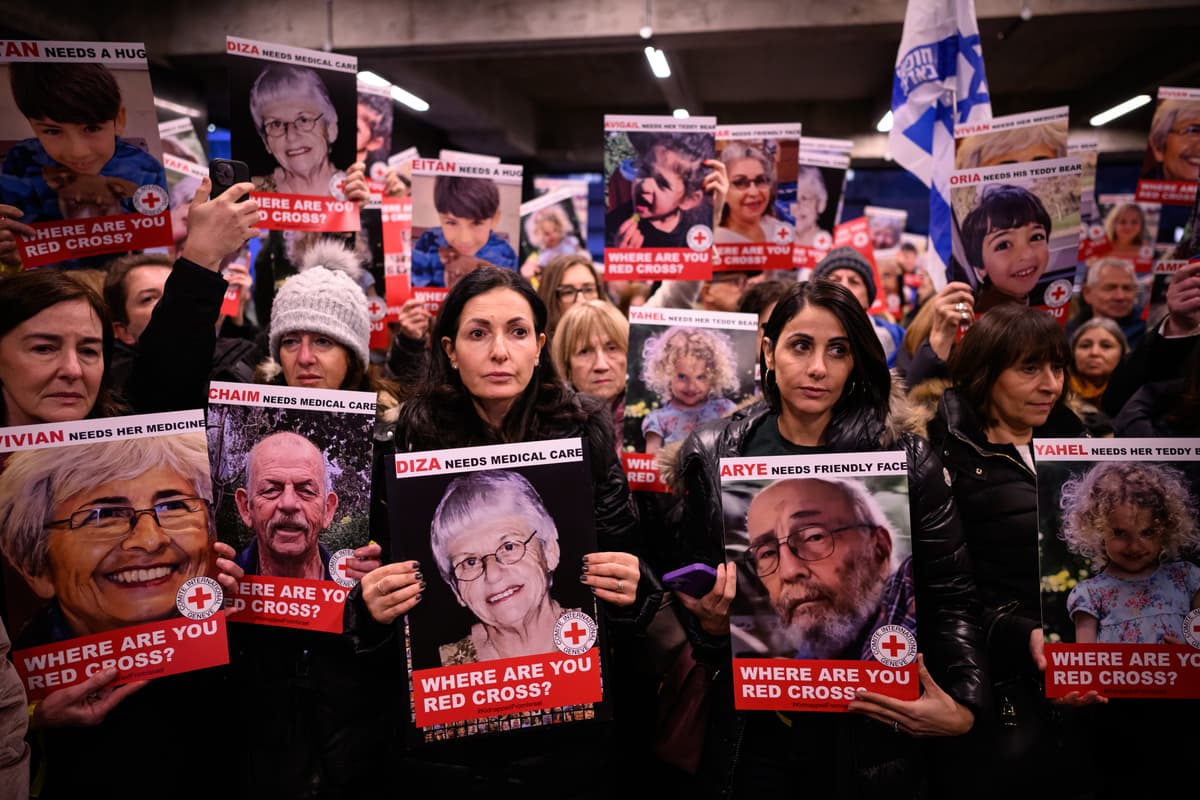Cancellation of London Hostage Awareness Billboard Campaign Signals Erosion of British Commitment to Freedom of Speech
The Israeli Embassy says it’s considering legal action against the advertising firm that pulled the plug on the project.

In a concerning sign of Britain’s eroding commitment to free expression, the advertising company London Lites — under advisement from London’s Metropolitan Police — broke their contract with the Israeli Embassy of the UK and theMissing Families Forum in London, and abruptly ended their billboard campaign, which had aimed to raise awareness about the 137 Israeli hostages being held by Hamas terrorists in Gaza .
Please check your email.
A verification code has been sent to
Didn't get a code? Click to resend.
To continue reading, please select:
Enter your email to read for FREE
Get 1 FREE article
Join the Sun for a PENNY A DAY
$0.01/day for 60 days
Cancel anytime
100% ad free experience
Unlimited article and commenting access
Full annual dues ($120) billed after 60 days

